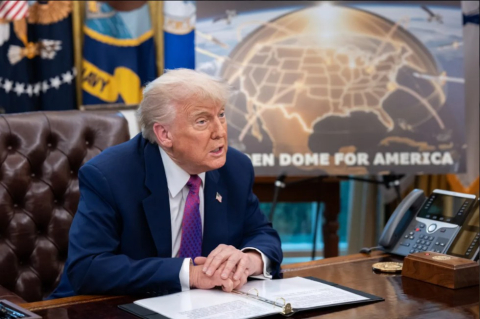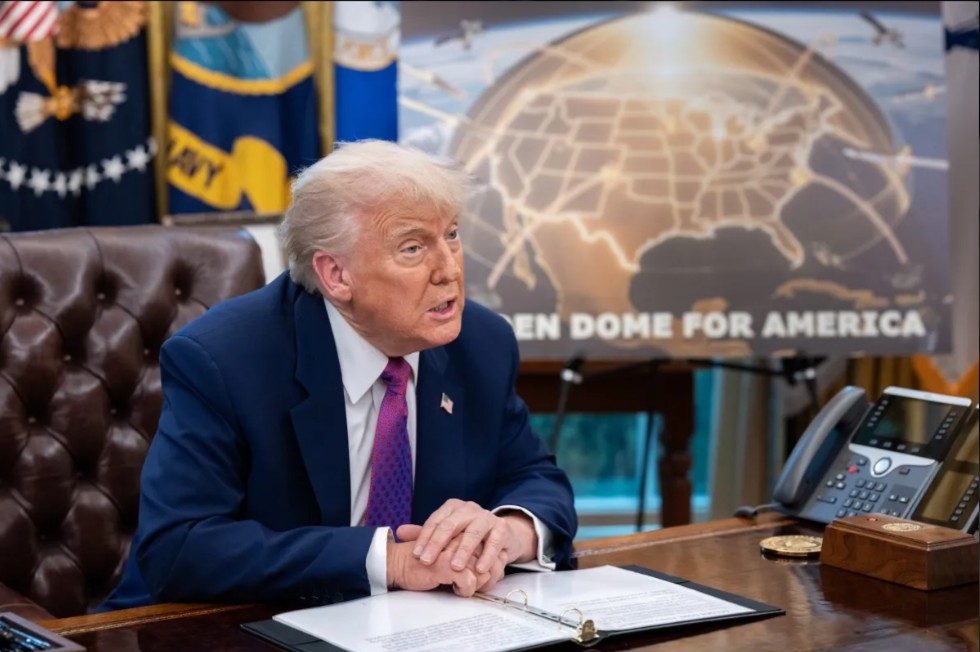
Practical information
Accessibility
Themes and regions
Related centers and programs

The United States’ strategic posture is currently marked by significant uncertainty and contradictory signals.
On the one hand, President Donald Trump has repeatedly expressed his intention to reduce the role of nuclear weapons, even suggesting steps toward denuclearization and renewed arms control discussions with Russia and China. On the other hand, his administration has continued—and in some cases accelerated—programs to modernize the U.S. nuclear arsenal and introduced the controversial project of the Golden Dome missile defense system in order to maintain a strategic advantage over Moscow and Beijing. This ambiguity, now at the heart of his second term, raises numerous questions about the evolution of U.S. nuclear doctrine and its implications for international stability.
Speaker :
Dr. Rebeccah Heinrichs, senior fellow et director of the Capstone Initiative at Hudson Institute (Washington, D.C.)
Chairwoman :
Héloïse Fayet, head of the Deterrence & Proliferation research program at Ifri
Contact
For any request or information, please contact the Security Studies Center: [email protected].
Related Subjects
Other events

From Ambition to Action: Exploring Technological Partnerships with India
The 16th EU-India Summit, held on January 27th in New Delhi with European leaders António Costa, Ursula von der Leyen, and Prime Minister Narendra Modi, marks a significant milestone in deepening EU-India relations. At the same time, official bilateral visits from EU member states are on the rise, including that of the French President, who visited India in February to participate in the Artificial Intelligence Summit. As India asserts its technological ambitions and seeks to reduce its dependence on China, Europe is stepping up its efforts to diversify its strategic partnerships.

The Enlargement of the European Union: A Strategic Choice? France, the Western Balkans and the EU in an Uncertain Geopolitical Context
Russia’s war against Ukraine has brought the enlargement of the European Union back to the centre of European strategic debates. In this context, the Western Balkans have regained heightened visibility in discussions on the continent’s security, at a time when the international environment is marked by a growing number of destabilising factors.






